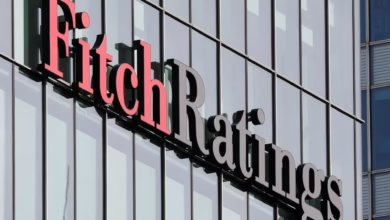
Kenya’s private sector confidence has taken a hit, with businesses bracing for a more challenging year due to rising costs of doing business and unfavorable government policies.
This is according to the Kenya National Chamber of Commerce and Industry’s (KNCCI) 2025 Business Barometer Report which was released on Tuesday, shows growing concerns over constrained revenue growth in both formal and informal sectors.
Over 1,000 businesses participated in the survey, with 55% expecting a tougher year ahead due to high production costs fueled by poor macroeconomic conditions, increased taxation, and restrictive policies.
Dr. Erick Rutto, President at KNCCI, said, “this underscores the urgent need for revitalization measures to proactively enhance Kenya’s business environment.”
According to the survey, these policies including limited access to capital are set to pose significant challenges to the growth of Kenya’s private sector in 2025.
Also Read: KNCCI Calls for Improved Credit Access to Boost SMEs Growth
About 24% of businesses expect stagnation or revenue declines due to high living costs and regulatory hurdles.
Despite these concerns, business optimism remains resilient, with 65% of respondents expecting revenue growth in 2025. This optimism is attributed to expanding customer bases and enhanced marketing efforts.
Women-led enterprises, which make up 40% of the surveyed businesses, face additional barriers such as limited financial resources, gender bias, and challenges in balancing family and business responsibilities.
The survey gathered responses from all 47 counties, with Marsabit, Isiolo, and Kakamega counties leading in participation.
Majority of the respondents we engaged are owners of the businesses, at 79.8%.
According to the report, most of the businesses sampled have an annual revenue of less than Ksh.1 million and staff size of less than 10 employees, representing 74.1% and 93.6% respectively.
The 2025 Business Barometer Survey attracted responses from all sectors with retail & wholesale at 41.6% and agriculture forming 19.8% topping the chart.





